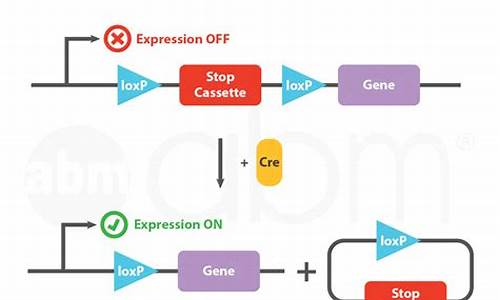How to Create a Healthy Eating Plan Every Day
Creating a healthy eating plan is essential for maintaining optimal health, providing the body with the right nutrients, and sustaining energy levels throughout the day. A well-balanced diet should consist of various food groups, including fruits, vegetables, proteins, grains, and healthy fats. By planning your meals in advance, you can ensure that you’re nourishing your body with the right nutrients. In this article, we’ll explore how to create a healthy eating plan each day that will not only improve your health but also help you maintain a sustainable and enjoyable routine.
Start with a Balanced Breakfast
A healthy breakfast sets the tone for the rest of the day. Start by including protein-rich foods such as eggs, Greek yogurt, or nut butter. Pair these with whole grains like oats or whole wheat bread, and add some fresh fruit for vitamins and fiber. A balanced breakfast will keep you full and energized, preventing mid-morning cravings.
Include Plenty of Fruits and Vegetables
Fruits and vegetables should be the cornerstone of any healthy eating plan. Aim to fill half of your plate with colorful vegetables and fruits during each meal. These foods are packed with vitamins, minerals, antioxidants, and fiber, all of which are essential for maintaining good health. Whether raw, roasted, or steamed, incorporate a variety of vegetables to ensure you’re getting the full range of nutrients.

Choose Lean Proteins
Incorporating lean protein sources into your meals is important for muscle repair and overall health. Opt for lean meats like chicken, turkey, or fish, and plant-based proteins such as beans, lentils, and tofu. These proteins will help you feel fuller for longer and provide your body with essential amino acids.
Control Portion Sizes
One of the keys to a healthy eating plan is controlling portion sizes. Overeating, even healthy foods, can lead to weight gain and digestive issues. Pay attention to your body’s hunger signals and try to eat until you’re satisfied, not full. Using smaller plates and bowls can help you manage portion sizes effectively.
Stay Hydrated
Water is crucial for the body’s functions, including digestion, circulation, and temperature regulation. Aim to drink at least eight glasses of water a day, and avoid sugary drinks that can add empty calories. Staying hydrated will not only support your overall health but also help curb unnecessary snacking.
In conclusion, creating a healthy eating plan requires thoughtful preparation, balance, and portion control. By focusing on nutrient-rich foods like fruits, vegetables, lean proteins, and whole grains, you can fuel your body effectively and maintain a healthy lifestyle. Stick to your plan, and over time, you’ll notice significant improvements in your energy levels and overall well-being.